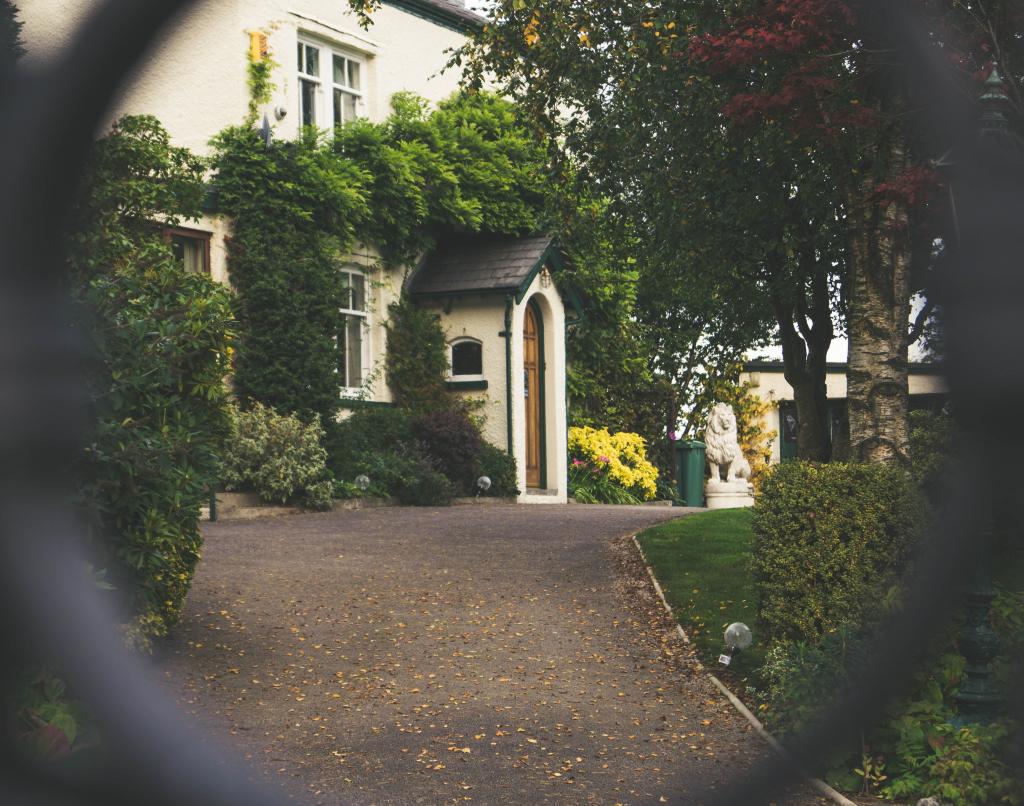
For many separating couples one of their biggest concerns is what will happen to the former family home. Sometimes, but not always the home will be the largest asset of the marriage and it can be of great importance to one or both parties to keep it.
When it comes to divorce and financial remedy proceedings there is no guarantee as to who will get to keep the home. On occasion it may be hat neither party are able to keep the home and this marital asset has to be sold.
The matrimonial home has special standing in financial remedy proceedings
The former matrimonial home does have a special standing in financial remedy proceedings, and regardless of whose name the house is registered in with the land registry, both parties to a marriage have an equal claim. However this does not necessarily mean that the division of the equity in the home will be equal, the court will have to consider all the other circumstances of the case.
Fairness in the division of divorcing couples assets
The court’s overriding objective when dealing with a divorcing couple’s financial assets, is that of fairness. The court will want to ensure that whatever settlement reached is fair to both parties. The starting point for the court is that of equality, but the final determination it makes in relation to the family home will depend on the other assets held by each party such as their pensions, and factors such as income needs and mortgage capacity. An equal division of the equity in the family home may not be appropriate in every case.
Once the court has decided what proportion of equity each party to the marriage should have from the home, it is then often a case of looking at practicalities. Can one person buy out the other person’s interest? Does the home have to be sold to give both parties their designated share?
Providing a clean break
If it can do so, the court will want to provide the parties with a clean break, i.e. they are both able to move on and go their separate ways without any financial ties to one-another. In some cases it may be appropriate for the court to allow one party to stay in the home until, for example the youngest child of the family reaches the age of 18, whereupon the home would be sold and the equity divided in percentages already agreed between the parties or in default of agreement, determined by the court.
When determining divorce and who gets the house specialist legal advice is key
Whatever your situation, it is important to get specialist advice about the way the courts may treat the family home in your particular set of circumstances. No two cases are the same and the courts look at every case upon its own facts and merits.
Hannah Porter is a solicitor in our divorce and finance team. To contact Hannah about this divorce and who gets the house article or any other divorce and finance matter pleae email [email protected] or telephone 01392 421777
Need some advice? Get in touch today
"*" indicates required fields
The information submitted here is used and stored for the purpose of replying to the enquiry. For more information on how we process data please visit our Privacy Policy.










